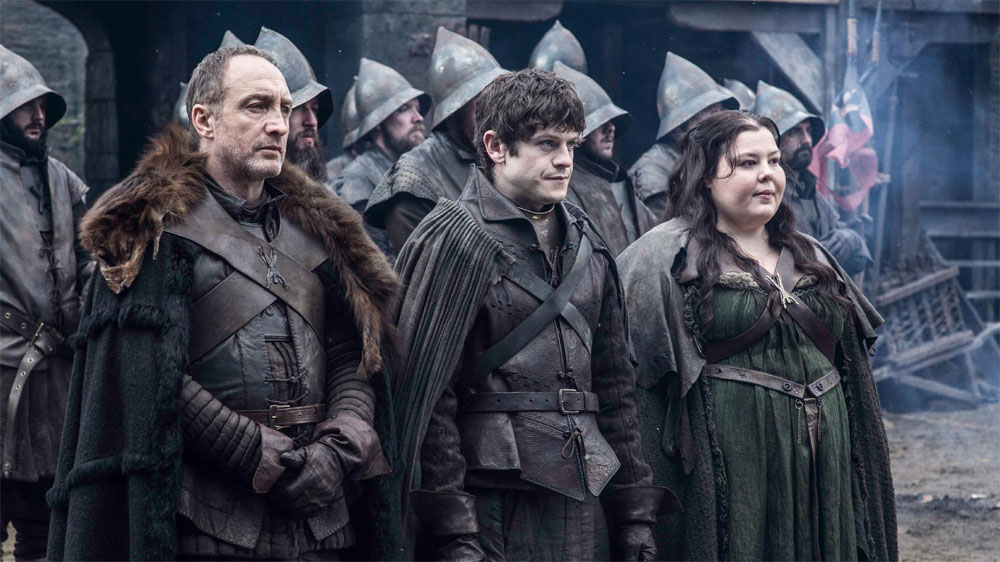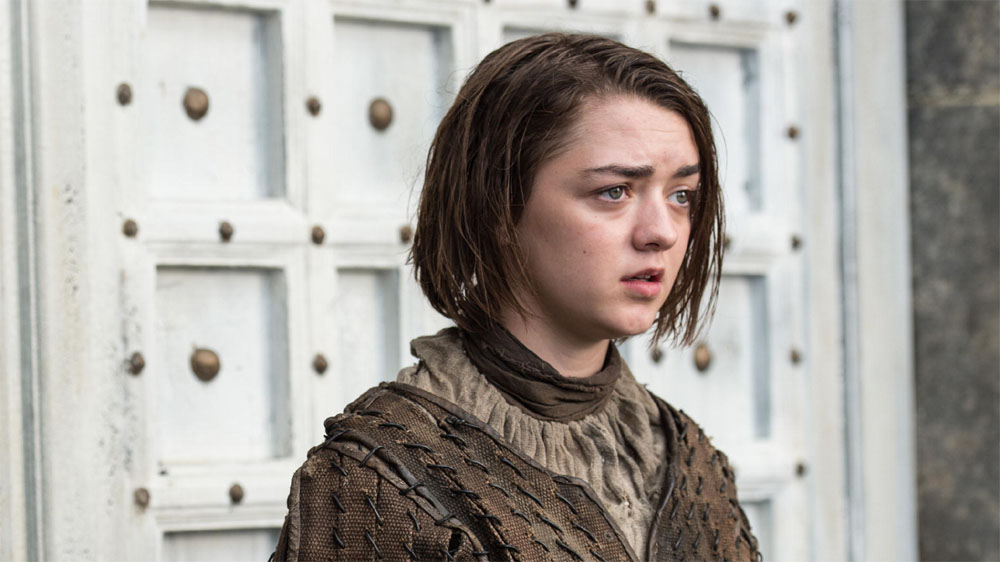HBO’s Game of Thrones has become one of the most popular shows on television, to the point that it inspires discussion and debate all year round.
Based of course on the epic fantasy series A Song Of Ice And Fire by George R.R. Martin, the television show has taken on a life of its own, often straying from the source material to satisfy droves of fans who were introduced to the story on HBO. But really, the whole thing—the show, the book series, and even the accompanying video games, fan theories, and endless discussion boards—has become one massive phenomenon under the Game of Thrones name.
It’s been a fun ride and essentially established a whole new branch of pop culture. But it’s also been a very frustrating ride at times, to the point that after the most recent GoT-related disappointment I’m forced to ask: why are we still on board with this franchise?
For one thing, the books and TV series alike have (spoiler alert) continually killed off our favourite protagonists. To an extent, this was actually refreshing. As summarised at Star Pulse, Martin’s point of view with regard to this issue is difficult to not respect. Basically, he argues that we’ve grown too used to heroes escaping dire situations where the odds are stacked impossibly against them.
He chooses instead to take a more realistic approach where “the suspense is real,” and anything might happen to a given character at any given time. Fair enough. But there’s also an argument to be made that Martin and the HBO show runners have taken this concept a little bit too far.

At a certain point we need a surprising survival story to stop things from becoming too predictable in the other way. Not to mention we need characters to care about, and Martin is eliminating the m faster than he can establish new ones.
Aside from character deaths, the show (and to a lesser extent the novels) has also become somewhat-maddening for the inevitable plot holes left open by the sheer scope of the story. Part of the appeal of Game of Thrones is that scope; it’s almost unique in its reach and focus on different characters and lands within a fantasy world.
In fact, this is the whole reason the books were adapted into a TV show rather than a film series. Yet one can’t help but wish about once per episode (at least) that it were all a bit more polished and fleshed out.
WhatCulture took an amusing look at some of the popularly complained about plot holes. They include the apparent evaporation of the subplot involving the Hound and the Brotherhood Without Banners, and that Ramsay Bolton inexplicably defeated renowned commander Stannis Baratheon with a vastly inferior force.
The latter might actually have been a nice counter to my previous argument that it’s time for an underdog success, except for that it wasn’t really explained or showed. It just happened, and it felt more like the show trying to slip something by us than surprise us.

Those reasons about cover why the show can become tiresome and, frankly, aggravating. The relentless slaughter of protagonists coupled with the sloppy tendency toward plot holes and loose ends makes for a frustrating viewing experience. But even looking past the show, the whole GoT phenomenon has become stressful for fans. The clearest example of this beyond the show is in video game tie-ins to the series, which ought to have been spectacular but have instead been bafflingly disappointing.
This is not George R.R. Martin’s responsibility, nor HBO’s. However, one would have assumed that by now some opportunistic game developer would have worked out a GoT license and produced the kind of large scale, action-packed experience this fictional franchise is begging for.
There are perfect models in recent games like Middle Earth: Shadow Of Mordor and The Witcher 3: Wild Hunt that have turned medieval fantasy environments into huge, beautiful console gaming experiences. Yet the only real attempt at a GoT console adventure, a title by Telltale Games, paled in comparison, limited by an episodic format and a general lack of imagination.

Indeed if there’s been any success in adapting the GoT stories for gamers, it’s been through various smaller games meant to lightly entertain, but not bring the full series to life. For instance, a Game of Thrones RPG online is satisfying in its own way, and there are a few different apps that have made for decent playing experiences invoking the series. There’s even a Game of Thrones slot machine online that makes for a fun way to enjoy the series through an unexpected gaming genre. Players can choose different Houses from the series to represent while trying their fortunes on the slot wheels. But while experiences like these are inventive and amusing, none satisfies the clear need for a big, open-world video game that would do the series justice.
But maddeningly enough, neither the shortcomings of the HBO show nor the failure of the gaming industry is the most disappointing aspect of the GoT phenomenon. That honour goes to Martin himself, who recently announced that, as many feared, the next book in the series (“The Winds Of Winter”) will not be published before the upcoming sixth season of Game Of Thrones.
To his credit, Martin seems pretty torn up about this fact. He’s bristled repeatedly at the amount of pressure he gets from fans to speed up his notoriously slow writing process, and one has to feel sorry for the guy in that regard. It’s his series, after all, and really we all should want him to do it his way so that it will be as good as we’ve come to expect.

The problem, however, is that Martin has allowed things to get to this point. HBO will now be free to take the show on their own course, with input but not direct source material from Martin. It certainly seems as if this could have been prevented, either by Martin delaying his original deal with HBO, or perhaps by his not devoting time to the release of the side story “A Knight Of The Seven Kingdoms” (which was published in 2015).
Again, it’s all his material and to an extent it feels wrong to complain about how he goes about releasing it. But Martin has now put millions of readers in the uncomfortable decision of having to decide whether or not to allow the sixth season of the show to spoil the next book. As with other aspects of this whole thing, it just feels disjointed.
Game of Thrones remains very entertaining, for the most part, despite all of the above. But the disappointments seem to be mounting, and at this point it’s fair to wonder if we’re all still doing this for any reason other than addiction.

